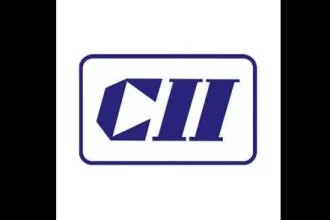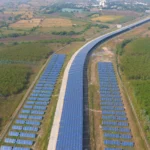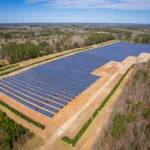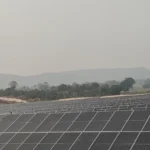The World Bank’s Board of Directors approved a landmark US $592.5 million development policy financing (DPF) package to help the Brazilian state of Amazonas align fiscal sustainability with forest conservation—creating new economic pathways for Indigenous communities, smallholders and forest-dependent populations.
The initiative, named AM Pro-Sustainability, ranks among the largest ever World Bank-backed operations in an Amazonian state. Through a blend of institutional reform, green fiscal incentives, and climate resilience measures, it aims to transform environmental governance while supporting low-carbon economic development.
Stronger Enforcement and Bioeconomy Incentives
The operation includes new state laws to stimulate bioeconomy enterprises, enabling small businesses and communities to profit from sustainable forest products. Enforcement efforts will intensify against illegal logging, mining, and land grabbing, and upgrades to wildfire prevention and response systems will raise the state’s climate resilience.
Linking Fiscal Rules to Environmental Performance
A key innovation lies in adjusting fiscal mechanisms: municipalities showing stronger environmental outcomes will receive performance-based transfers, while revised fiscal rules aim to curb current spending and free up resources for green investments.
Institutional Modernization and Climate Finance Readiness
The State environmental bodies—including the Secretariat of Environment of Amazonas (SEMA) and the Amazonas Environmental Protection Institute (IPAAM)—will undergo modernization. Efforts include instituting new career structures, recruiting skilled staff, and enhancing capacities to tap into climate finance, particularly jurisdictional REDD+ carbon credits.
Voices from Amazonas and the World Bank
-
Eduardo Taveira, State Secretary for the Environment, called it “a historic milestone” that links environmental commitments with governance and economic pathways for the forest and traditional communities.
-
Alex Del Giglio, Secretary of Finance, highlighted the operation as a turning point uniting fiscal and environmental objectives.
-
Jorge Coarasa Bustamante, Interim Country Director for Brazil at the World Bank, stressed the Amazon’s global significance and explained the program’s integration of debt relief, innovation, social inclusion, and resilience.
A Performance-Based Innovation Fund
An additional US $22 million in performance-based grants, drawn from the World Bank’s Framework for Financial Incentives, will reward continuous reductions in deforestation—a financial innovation aimed at sustaining environmental policymaking and potentially replicable across other states.
Alignment with Broader Goals
The AM Pro-Sustainability initiative aligns with Brazil’s Country Partnership Framework (FY24–FY28) and supports the federal Ecological Transformation Plan. It also furthers Brazil’s commitments under the Paris Agreement and global biodiversity targets












